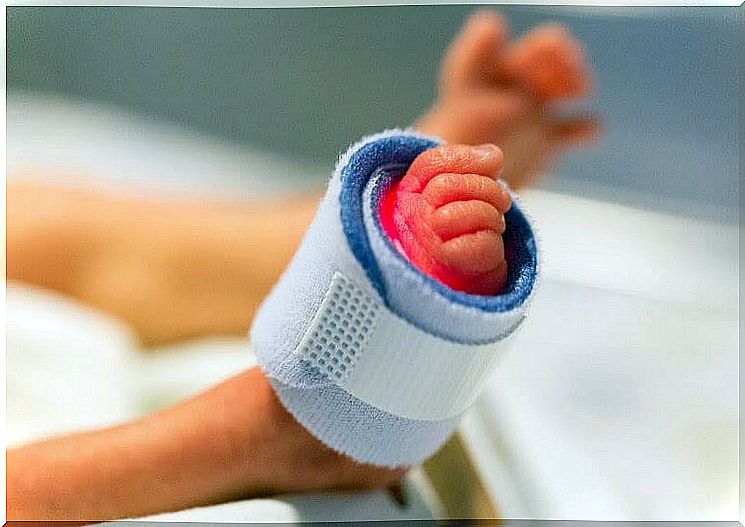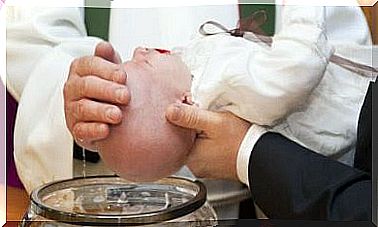How To Reduce The Risk Of Giving Birth Prematurely?

Many pregnant women are afraid of giving birth prematurely, with all the health problems it can cause for a premature baby.
Thanks to medical advances, premature babies today have a greater chance than ever of surviving and doing well, but there are things expectant mothers can do to reduce the risk of giving birth prematurely.
Children born before the pregnancy is in full swing are at greater risk of medical complications. Depending on how many weeks the pregnancy has lasted when the baby is born, some organs may be underdeveloped.
Respiratory complications are among the most common.
Good maternity care can reduce the risk of giving birth prematurely

As soon as you discover that you are pregnant, you should go to the maternity care center. By continuously going for medical check-ups, you do everything you can to monitor your health and your baby’s development. This way, you can detect any complications and deal with them as quickly as possible.
If your doctor determines that you are at risk for a premature birth, it may help to prepare for it.
In that case, your doctor will prescribe corticosteroids to help your baby’s lungs develop faster. This reduces the risk of infection and complications during childbirth.
Increase your intake of iron and folic acid
Studies by the World Health Organization, WHO, have shown that iron and folic acid deficiency in pregnant women can increase the risk of giving birth prematurely.
A diet that does not have enough iron- and folic acid-rich foods can give rise to certain forms of anemia that accelerate labor and childbirth. This can be avoided by taking the vitamin and mineral supplements prescribed by your doctor.
Review your weight

It is a fact that women who are either overweight or very thin are at greater risk of giving birth prematurely.
When a pregnant woman suffers from an eating disorder, it also affects the fetus.
Eating a balanced diet and following your doctor’s instructions can help prevent problems such as high blood pressure, high blood fat levels and abnormal levels of hemoglobin and cholesterol.
All of these directly affect the development of the placenta and the fetus.
Stay away from alcohol and drugs
The link between alcohol and drug use and pregnancy complications is so well known that it may seem unnecessary to repeat it.
However, statistics show that a significant number of women continue to ignore the warnings.
Alcohol and other drugs have a huge impact on a child’s development, especially the nervous system. They can also lead to deviations in the development of certain organs, the consequences of which are severe and permanent.
Quit smoking for a healthy pregnancy
Like drugs and alcohol, smoking is particularly harmful to pregnant women.
When you smoke, the cigarette’s toxic components pass into the bloodstream. In pregnant women, this means that these chemicals are found in the blood that carries oxygen to the baby.
As a result, the placenta tends to be smaller in women who smoke. It can lead to a premature birth, or in extreme cases a stillborn child.
In addition to the increased risk of giving birth prematurely, the baby’s lungs can also be affected, as well as brain function. The child can thus suffer from long-term consequences, such as learning difficulties or disabilities.
Premature babies
- The risk of giving birth prematurely is greater in women under 17 and over 35 years of age. This means that teenage pregnancies are another risk factor.
- Avoid getting dehydrated. Not getting enough fluids can trigger pain and lead to a premature birth.
- Women who wait less than nine months after giving birth to their last child before becoming pregnant again are at greater risk of giving birth prematurely.
- In general, it is important to take care of your body and stick to a healthy diet.
- Regular exercise can help minimize the risk of complications such as preeclampsia or gestational diabetes. Both of these may make it necessary to induce labor before the pregnancy is complete.
Finally, it is good if you learn to recognize the signs of a premature birth, e.g. if you have more than five contractions per hour, blood in your vaginal discharge, swollen hands and swollen face, pain when urinating, frequent vomiting, intense back pain and pressure against the pelvis, among others.









